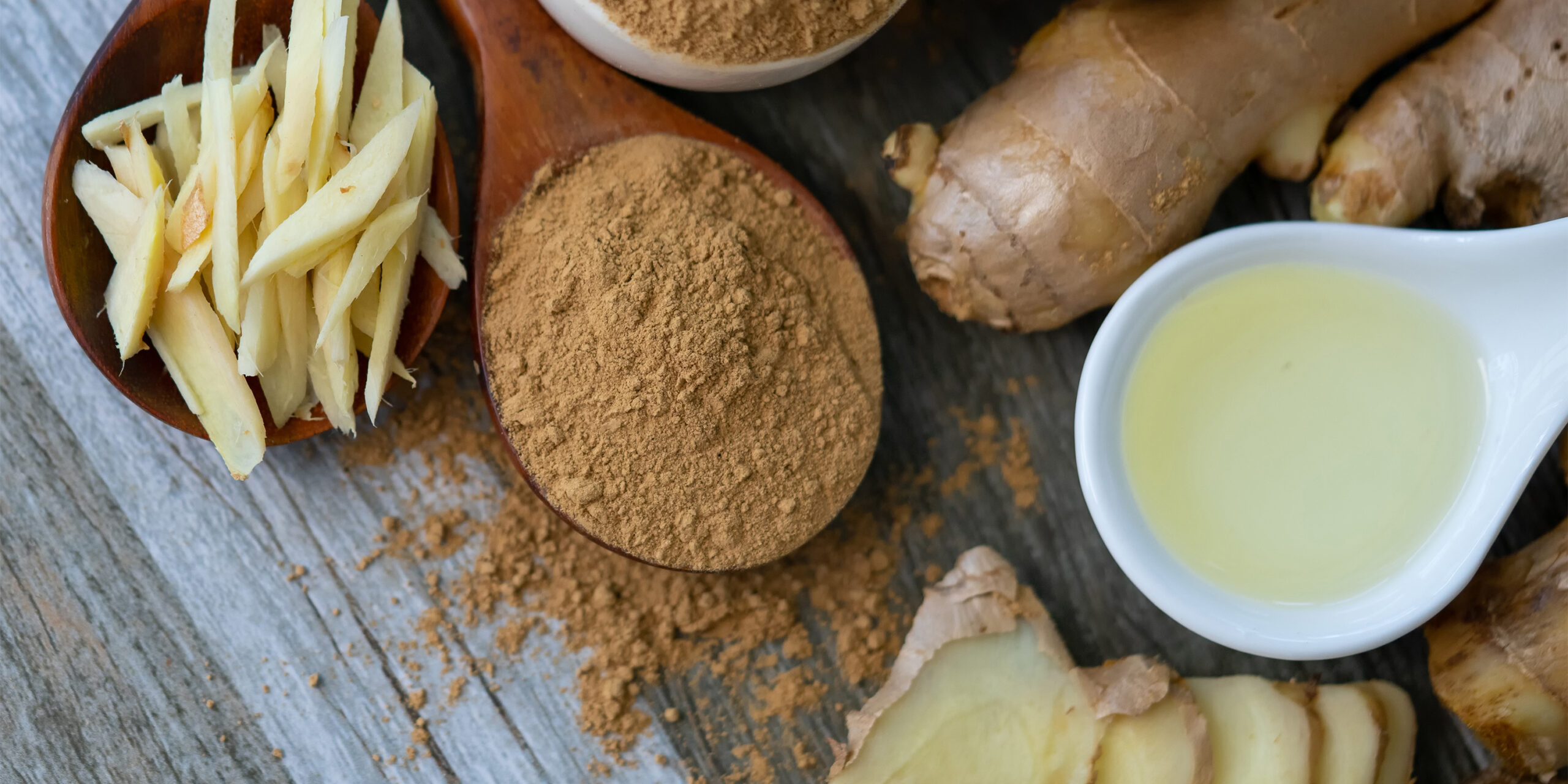By Barbara Broggelwirth, RD, CDN
Inflammation is characterized as acute or chronic.
Acute inflammation is a normal and short lived response, such as when you are injured and your body responds by sending specific immune cells to heal it. This response typically lasts minutes to a few days.
Chronic inflammation is a long-term response (months to years) that may be caused by poor diet, exposure to environmental toxins, a virus and stress. If uncontrolled, chronic inflammation can lead to damaged cells that ultimately result in long term disease states.
Known risk factors that can lead to chronic inflammation include:
- Obesity- measured by an individual’s body mass index (BMI). High BMI can be an indicator of high body fatness.
- Metabolic Syndrome – Is defined the occurrence of three or more of the following conditions: abdominal obesity, elevated blood sugar levels, high blood pressure, high triglyceride levels and low levels of HDL cholesterol
- Type 2 Diabetes – elevated blood sugar levels caused by a resistance to insulin.
- Atherosclerosis – Plaque build-up in the arteries.
- Cancer – abnormal cell growth
In obesity, an increase in abdominal fat causes adipose (fat) cells to grow and change shape, leading to a disruption of cellular activity, cell damage and death.
The good news is, since obesity often associated with the risk factors mentioned above; it can be prevented with life style changes. In fact, lifestyle changes are the most effective treatment against chronic disease.
Various foods and dietary patterns are effective in reducing the underlying inflammatory processes associated with chronic disease.
10 Anti-Inflammatory Tips:
- Boost consumption of fruits and vegetables
- Cook with olive oil as much as possible
- Snack on walnuts instead of chips
- Eat a whole grain cereal such as oatmeal
- Eat fatty fish such as salmon
- Eat fewer fast foods
- Replace white potatoes with sweet potatoes
- Cut down on sugary drinks
- Eat more lentils and beans
- Munch on dark chocolate and fresh raspberries
References:
R Libby P. Inflammatory mechanisms: the molecular basis of inflammation and disease. Nutr Rev. 2007;65(12 Pt 2):S140-S146.eferences:
Levine TB, Levine AB. Inflammation. In: Metabolic Syndrome and Cardiovascular Disease. 2nd ed. Oxford, UK: Blackwell Publishing; 2012:192-202.
Barbara Broggelwirth is a Registered Dietitian Nutritionist who is currently working with Bariatric and Medical Weight Management patients. She works with patients to help them achieve their health and weight loss goals.

